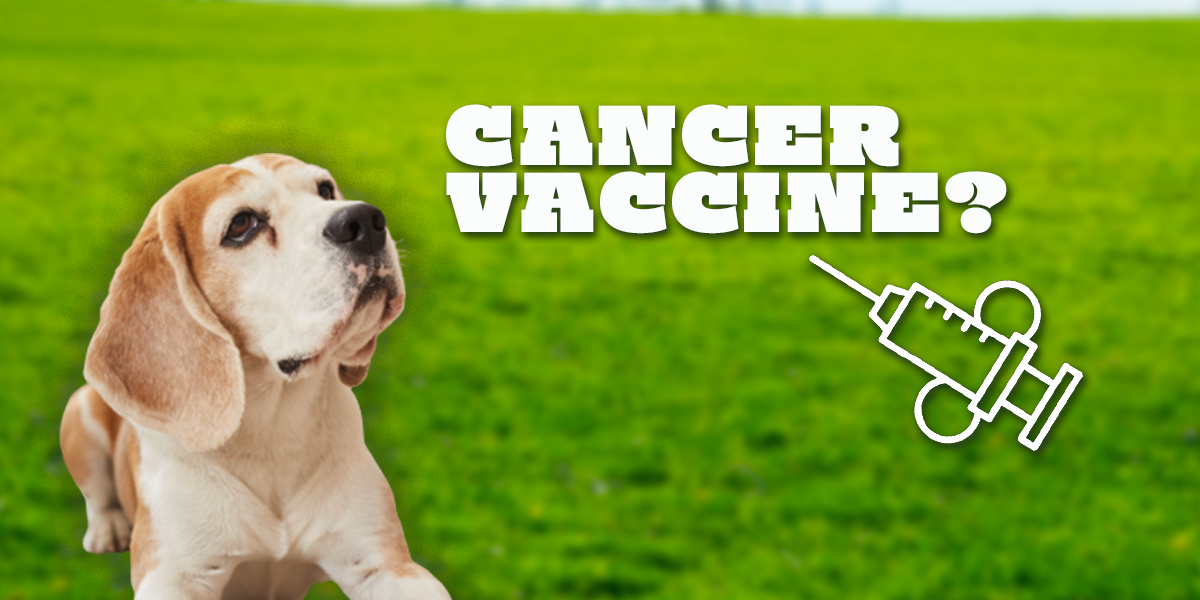Having a happy and healthy dog is our first priority for furry friends. However, according to the American Veterinary Medical Association, about half of all dogs over ten years old will develop cancer. Additionally, that risk can be higher depending on their DNA. But what can be done about it? A new vaccine is showing promising results in preventing cancer in our canine companions! Read below to learn more!
What Is The New Study?
Over a decade ago, Dr. Stephen A. Johnston began working on a vaccine against dog cancer, and the Vaccine Aggaist Canine Cancer Study (VACCS) began to put the vaccine to the test! Similar to other vaccines, it is a preventative measure rather than a cure for cancer. The study’s participating dogs are healthy dogs that receive exams twice a year. Some canine participants received the vaccine, and some received a placebo. Additionally, researchers then compare cancer rates between the two groups of pups. Studying cancer progression and preventative measures in dogs can be done in 5 years or less because tumor progression is much faster in our canines than in humans. So, the vaccine can be tested and adjusted in a much shorter time.
How Does The Vaccine Work?
The vaccine targets neoantigens, or “mistakes” made by tumors. Similar to standard vaccinations, it introduces the neoantigen to the immune system and prepares a defense if a tumor does arise. The trials of this new vaccine show a reduction in tumors for roughly 65% of vaccinated dogs. Additionally, the vaccine aims to prevent the eight major types of canine cancer. This includes mast cell tumors, osteosarcoma, lymphoma, melanoma, mammary cancer, lung cancer, soft tissue carcinomas, and hemangiosarcoma.
What Does This Mean For Our Furry Friends?
Although the study has not shown a reduction in all eight types of cancer, the results are promising! Some additional benefits of the vaccine have included a reduction of arthritis and other chronic diseases by over 50%! This result is thought to be due to the immunization triggering an immense response against senescent cells, which contributes to many diseases.
The vaccine still needs to go through an additional trial and get approved by the USDA. These processes could take at least a year to complete. However, once available, the vaccine will be reasonably priced compared to cancer treatments. This vaccine could significantly reduce the risk of cancer in our canines and revolutionize the overall health of dogs.
We are hoping for success in this study to aid our furry friends in living long and healthy lives!






